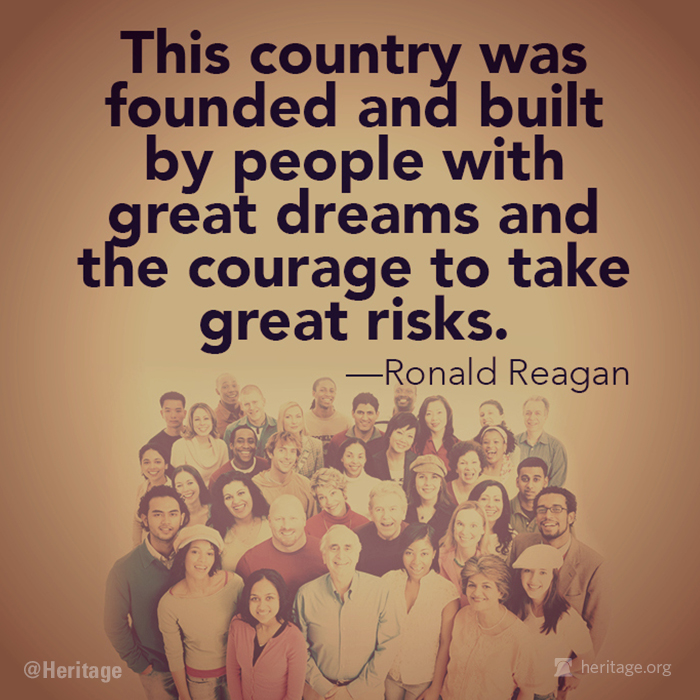 Attacking capitalism never seems to go out of style. Over the past 100 years, few institutions have been attacked so fiercely, so falsely and so foolishly.
Attacking capitalism never seems to go out of style. Over the past 100 years, few institutions have been attacked so fiercely, so falsely and so foolishly.
Yet capitalism’s resilience continues. Governments based on the idea that capitalism is evil and that the state can create wealth by controlling an entire economy have risen and fallen during this period, but capitalism continues to thrive.
Today, it is no longer beyond the pale to say that capitalism has done more good for more people than any other economic arrangement ever devised by man. Capitalist economies such as the United States are prosperous, growing and expansive, creating opportunities and wealth for ever-increasing numbers of people.
“I think all the world would gain by setting commerce at perfect liberty,” Thomas Jefferson said, and our Constitution was a major step in that direction. Capitalism is based on free markets, on the opportunities for anyone to enter any market at any time to produce and offer products and services that people want, need and will purchase.
Capitalism is really savings-ism. Fixed capital consists of real estate, factories, machinery, equipment and all other factors of production that can be used to produce and distribute products and services to ever more people. Capital is accumulated only when people refrain from spending everything they earn, saving it instead, and reinvesting it to produce even more goods and services in the future.
America is great because it offers the opportunity for almost everyone to work, save, invest and build capital over time. This accumulated capital can be used to start a business or can be combined with the capital of others to help fund the creation of larger corporations.
Stock markets represent a place where people can pool their capital, invest it in enterprises, along with the capital of others, to produce and sell products and services and earn profits and dividends, which are then distributed to the stockholders as the owners of the business.
Capitalism depends on a combination of productivity and self-discipline or self-denial. It requires the ability to delay gratification in the short term in order to enjoy greater rewards in the long term. It accepts and helps tame human nature.
As Steve Forbes once observed in a lecture to the Heritage Foundation, capitalism “encourages ambitious individuals to engage in peaceful pursuit instead of plundering their neighbors.”
“An entrepreneur offers something — a product or service. You do not have to accept it. It is a voluntary transaction. It encourages cooperation,” he explained.
America is great because it provides a legal and social framework consisting of clearly understood laws, legally sanctioned contracts, and a stable currency that creates sufficient security for people to save, invest and risk their capital in the anticipation of achieving greater wealth in the future.
America is great because its capitalist system enables the average person to start with little and build a substantial estate over the course of a working lifetime. America has more millionaires and billionaires than all the other countries in the world. Fully 80 percent of wealthy Americans started at the bottom and earned their money![]() in one generation as the result of starting in building capitalistic enterprises.
in one generation as the result of starting in building capitalistic enterprises.
Where some nations have age-old caste systems or entrenched class systems from which escape![]() to a better life is next to impossible, the free-market capitalist system in the United States presents opportunities for every individual to improve his life.
to a better life is next to impossible, the free-market capitalist system in the United States presents opportunities for every individual to improve his life.
America is great because America is free, and should we ever lose the economic freedom that capitalism secures, our political freedom will also be gravely threatened.
This is why conservatives always champion smaller government. It’s the only way to bring more innovation, more new jobs and more opportunities for more people.
That’s something that capitalism’s critics always seem to overlook, but it helps explain why capitalism has outlasted all of its challengers over the past century.
Originally appeared in The Washington Times























